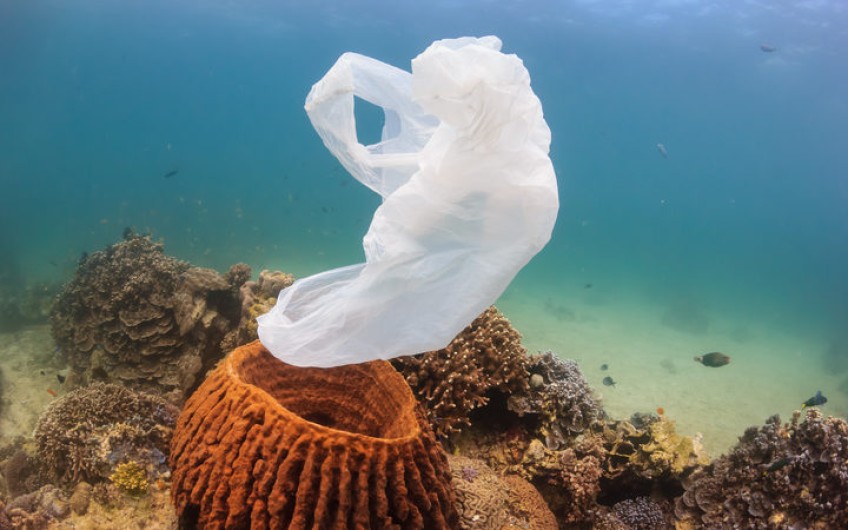Disposal of plastic waste needs urgent rethink - report

Recycling alone will not solve the problems of plastic from packaging that is used in New Zealand, according to a new study.
In a New Zealand first, the Sustainable Business Network (SBN) has released a study on the country's entire plastic packaging system, saying the way plastic is used and disposed of needs an urgent rethink.
Earlier this year the government signed up to an international pledge to cut plastic waste and 12 local and international businesses, including Danone, L'Oreal, Unilever, Foodstuffs and Countdown committed to using 100 percent reusable, recyclable or compostable packaging in their New Zealand operations by 2025.
The study said that these initiatives had established the framework for dealing with what it called severe structural weakness and inadequate monitoring in New Zealand's plastic packaging system.
The network said there were plastic materials already in the system that were unlikely to ever be recycled, even if the recycling system was dramatically improved.
It has made a number of recommendations to businesses, the recycling sector and government, including that companies need to audit the types and amounts of plastic packaging they use and identify the single-use plastics.
The study recommends the government invest in on-shore recycling facilities, increase the waste levy, develop a strategy to deal with plastic packaging and use procurement to drive change.
The network's James Griffin said people now thought the amount of plastic in the ocean was unacceptable and New Zealand needed to "turn off the tap in terms of the pollution and it's quite easy for people to think that recycling is going to solve all our problems, but it won't".
Public momentum around the plastic problem had grown with the move to ban single-use plastic bags which was a good starting point, he said.
Mr Griffin said reusable models such as plastic bags and reusable coffee cups needed to be encouraged.
He believed this would happen more as people recognised the amount of plastic in the environment already.
Mr Griffin said the government has the opportunity to use targeted economic levers such as incentivising the use of recycled plastic.
This had been developed in some European countries already.
More knowledge about the amount of plastic in the environment was needed in order to inform government policy, Mr Griffin said.





















